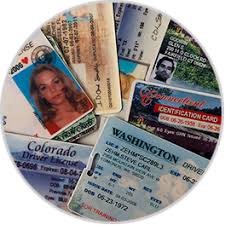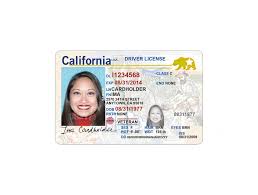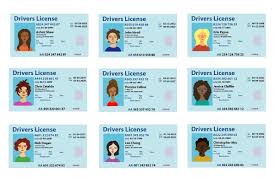Products Description
The History and Development of Fake IDs
Introduction
Fake IDs, a type of counterfeit document, have a long history that reflects the evolving societal, legal, and technological contexts. From simple forgeries to highly realistic modern versions, the development of fake IDs involves advancements in technology, shifts in social needs, and ongoing regulatory responses. This article explores the historical background, technological evolution, social impact, and modern countermeasures related to fake IDs. Including specific types such as the Indiana Fake ID, US Fake Green Card, US SSN, and Pennsylvania Scannable ID.
Early History
Prohibition Era (1920-1933)
The use of fake IDs began to rise significantly during the Prohibition era in the United States. Prohibition was a law enacted from 1920 to 1933 that prohibited the production, sale, and transportation of alcoholic beverages. Due to the strict restrictions of Prohibition, many individuals resorted to using fake IDs to bypass the laws and access bars and taverns. During this period, fake IDs were primarily used to obtain alcoholic beverages. While the scope of use was limited, it laid the foundation for the role of fake IDs as a tool.

Post-War Era
After World War II, the recovery of society and economic prosperity brought about more regulations and increasing demands for identification. Economic growth and social changes led to a growing need for fake IDs, especially among teenagers who sought to gain access to age-restricted activities such as bars and nightclubs. At this time, the use of fake IDs began to expand into a wider range of areas, and the technology for producing them gradually improved.
Development and Popularity
1960s-1980s
During the 1960s to 1980s, the use of fake IDs became more prevalent. The youth culture of this era emphasized personal freedom and rebellion, making fake IDs a way to express individuality and challenge social norms. Additionally, with increasing legal restrictions on drinking age, gambling, and other activities, more people sought fake IDs as a means to circumvent these laws. Although printing technology and paper quality were limited, people were able to create reasonably realistic fake IDs through manual methods and simple printing equipment.
1980s-1990s
With the advancement of computer technology and printing methods, the production of fake IDs entered a new phase during the 1980s and 1990s. The widespread availability of laser printers and personal computers made it easier to create fake IDs. Many people took advantage of these new technologies to produce documents that were nearly indistinguishable from real IDs. At the same time, the use of fake IDs became more diverse, including identity theft and financial fraud.
Technological Advances
Digital Age (2000s-Present)
In the 21st century, the rapid development of digital technology has had a profound impact on the production of fake IDs. Modern digital printing technology, image editing software, and other tools have made it possible to create highly detailed and realistic fake IDs. Digital image processing allows fake IDs to better mimic various security features of official documents, such as watermarks, microtext, and special finishes.

Dark Web and Online Marketplaces
The rise of the internet has facilitated the growth of dark web and various illegal online marketplaces, making the trade of fake IDs more discreet and convenient. Black market forums, cryptocurrencies, and anonymous trading platforms provide a global trading environment, making the buying and selling of fake IDs easier and more concealed. On these platforms, users can find a range of fake IDs, including national IDs, driver’s licenses, and other official documents.
Social Impact
Technological Responses
To address the challenges posed by fake IDs, governments and organizations have continually introduced new security technologies in official identification documents. For example, embedded chips, biometric technologies, and advanced anti-counterfeiting printing techniques are widely used in modern IDs. These technologies effectively enhance the security of IDs, making it more difficult to forge them.
Legal and Regulatory Measures
Legal and regulatory bodies have also implemented various measures to combat the creation and use of fake IDs. Strengthening the inspection and verification of identification documents and increasing penalties for the production and sale of fake IDs are key strategies. Additionally, some countries and regions have enhanced their oversight of the internet and dark web to tackle illegal markets and black market transactions.
Public Education
Raising public awareness and preventive education is also an effective strategy. By conducting outreach and educational programs, people can become more aware of the risks and consequences associated with using fake IDs. Education and awareness efforts target not only teenagers but also adults and businesses, aiming to improve overall societal recognition and prevention capabilities.
Conclusion
The history of fake IDs mirrors broader changes in society, technology, and regulation. From simple forgeries to sophisticated modern replicas, the evolution of fake IDs reflects advancements in technology and shifts in social needs. In addressing the challenges posed by fake IDs, it is crucial for society to continuously innovate in technology, refine legal measures, and enhance public education. By adopting a comprehensive approach that includes technological, legal, and educational strategies, we can effectively reduce the use of fake IDs and uphold social order and public safety.

Tags:
You like

Fake South Carolina DL

Fake Ohio DL

Fake Washington DL

Fake Pennsylvania DL

